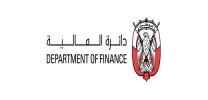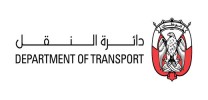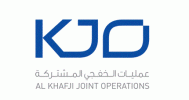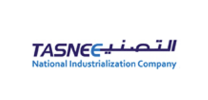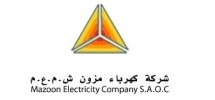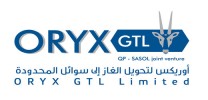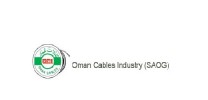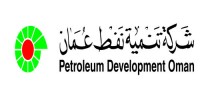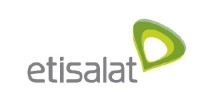
Business and Financial Modelling Using Excel
Course Introduction:
Financial modelling is a key skill needed by everyone involved in corporate finance – equity analysis, company valuation, mergers and acquisitions, corporate advisory, and so on. This definitive seminar shows you best practices and how to avoid common pitfalls. Using our blended learning approach, delegates will construct a sophisticated company model, and use the model to analyze the future prospects for a major company.
Course Objectives:
The seminar will:
- explain how to construct sound and reliable financial models
- demonstrate good modelling style
- develop and extend delegates’ skills in implementing and interpreting financial models
- highlight the limitations of financial models
After the seminar, delegates will understand how to build better financial models, and be more able to exploit financial models in making superior financial decisions and judgements.
Who Should Attend?
- Managers.
- Financial Consultants
- Financial Consultants.
- Financial Advisors.
- Accountants.
- Currency Derivatives Specialists.
- Management Accountants.
- Venture Capitalists.
- Corporate Executives.
Course Outline:
Developing a Financial Model
- Conceptualizing the model
- Identifying key model variables
- Programming the model
- Applying accounting rules and business logic
- Links between balance sheet, cash flow, and P&L statements
- Ensuring sound design, reliable structure, and consistency of approach
- Examples of good and bad modelling style
- Allowing for flexible scenarios
- Running the model
- Producing reports
Key Design Issues
- Organizing the workbook
- Formatting
- Enhancing visual appearance
- Using Range Names
- Charts
- Structured "what-if?" analysis
- Organizing the toolbar for efficiency
- Printed reports
- Interpreting the results
Workshop: Designing a model
Important Excel functions for Modelers
- Financial functions
- Statistics functions
- Date functions and date arithmetic
- Lookup functions
- Logical, and Information functions
- Forecasting functions
- Text and formatting functions
- Tips and techniques with lookups
Advanced Excel Techniques
- Using Range Names and Range Labels
- Mastering Data Tables
- Custom formats
- Conditional formatting
- Protecting workbooks and worksheets
- Hiding cells and formulas
- Grouping rows and columns on a spreadsheet
- Arrays and array formulas
- Goal seeking and the Solver
- Scenarios for different assumptions
- Recording and running macros
- Creating simple "controls"
Workshop: Automating scenario analysis
Company Valuation
- Modelling the cash flows
- Estimating terminal value
- Exit multiples
- Growth models
- WACC
Modelling a Company
- Analyzing the company data
- Designing the model
- Building and verifying the company model
- Creating the initial position
- Modelling the operating environment
- Applying accounting rules and business logic
- Creating P&L, cash flow, and balance sheet statements
- Verifying the model
- Running the model
- Generating and interpreting the results
Workshop: Creating a company model
Case Study: Analyzing a company with DCF analysis
Auditing and Problem Solving
- Checking the integrity of a financial spreadsheet
- Getting a financial spreadsheet to "balance"
- Moving from the past, through the present, and into the future: from facts to forecasts
- Dealing with part-year accounts and differing year-ends
- Auditing a spreadsheet
- Resolving circular references
- Documenting spreadsheets
Using a Financial Model
- Collecting data
- Making assumptions
- Economic environment impact
- Prospects for the company's business sector
- Competition – how the target company fares against its competitors
- Decision strategies – evaluating alternative strategies that the company may implement
- What do the numbers mean?
Course Methodology:
A variety of methodologies will be used during the course that includes:
· (30%) Based on Case Studies
· (30%) Techniques
· (30%) Role Play
· (10%) Concepts
· Pre-test and Post-test
· Variety of Learning Methods
· Lectures
· Case Studies and Self Questionaires
· Group Work
· Discussion
· Presentation
Course Fees:
This rate includes participant’s manual, Hand-Outs, buffet lunch, coffee/tea on arrival, morning & afternoon of each day.
Course Timings:
Daily Course Timings:
08:00 - 08:20 Morning Coffee / Tea
08:20 - 10:00 First Session
10:00 - 10:20 Coffee / Tea / Snacks
10:20 - 12:20 Second Session
12:20 - 13:30 Lunch Break & Prayer Break
13:30 - 15:00 Last Session





.jpg)

























